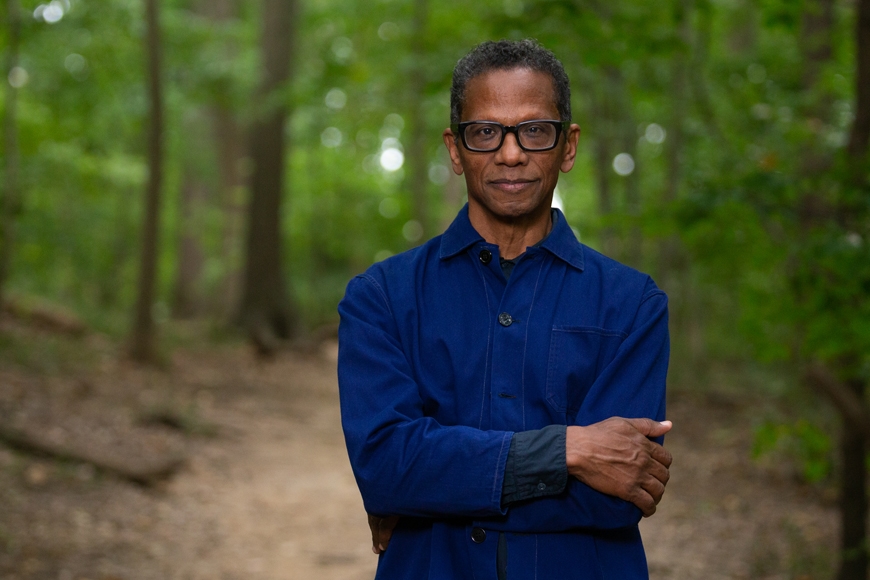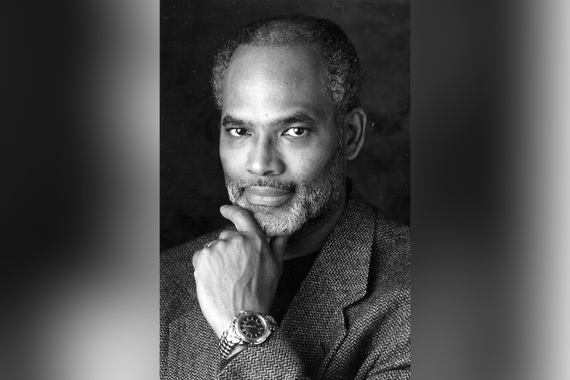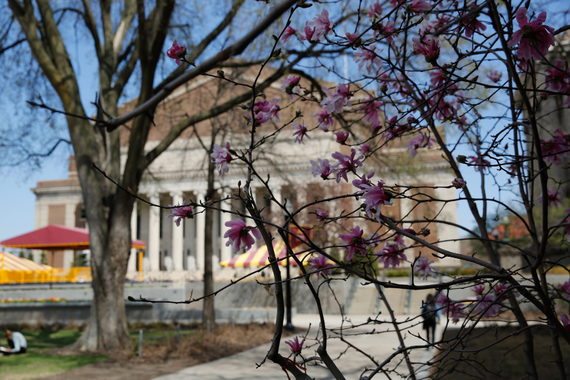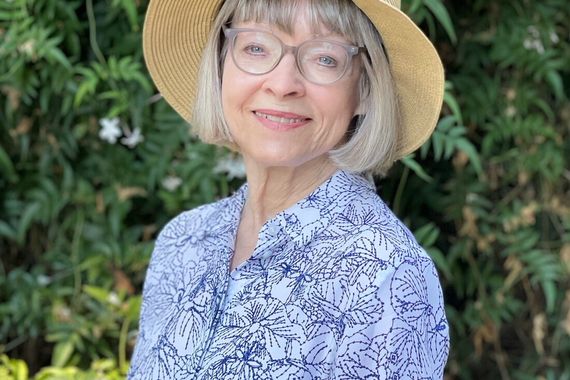Ralph Lemon Awarded MacArthur “Genius” Fellowship
Dance artist Ralph Lemon (BA ’76, English) is one of the 21 MacArthur Fellows for 2020. The MacArthur is commonly known as the “genius” grant, awarded to people who are considered exceptionally creative, and comes with a no-strings-attached $625,000 stipend to “to advance their expertise, engage in bold new work, or, if they wish, to change fields or alter the direction of their careers.”
The MacArthur Foundation stated that Lemon is “generating interdisciplinary modes of artistic expression to communicate stories, emotions, memories and identities that don’t conform to standard categories of representation.”
His works include Four Walls (2012), How Can You Stay in the House All Day and Not Go Anywhere? (2010), and (the efflorescence of) Walter (2007). He has held fellowships and residencies at Yale University, Stanford University, Brown University, Temple University, Princeton University, the Krannert Center at the University of Illinois, and the Museum of Modern Art.
“Ralph Lemon's career represents the deepest goal of the English major: to question boundaries, to find unexpected connections, to celebrate art's power to transform how we see the world,” says English department chair Andrew Elfenbein. “I'm so excited to see him receive this recognition.”
Lemon’s connection to the Twin Cities community runs long and deep. He grew up in Minneapolis in the 1960s and ’70s. After graduation, Lemon was invited to join the Nancy Hauser Dance Company here; he also was involved with the founding of Mixed Blood Theatre. In 1979, Lemon moved to New York City and danced with the Meredith Monk company, among others, forming his own critically acclaimed touring dance company six years later. But a decades-long relationship with the Walker Art Center and performing arts curator Philip Bither brought him back to Minneapolis often.
“Ralph Lemon’s creative investigations of memory, loss, history, race, and cross-cultural collisions have been profoundly inspiring, deeply human and broadly influential across multiple artistic fields. He so deserves this recognition, given his constant, courageous reinvention of artistic forms, which span dance, performance, installation, conceptual art, drawing, and video,” says Bither. “Besides his brilliance, Ralph is also one of the most deeply caring, generous, and wise people I know, so I couldn’t be happier for him.”
According to the foundation, in 1995, Lemon disbanded his critically acclaimed touring dance company to pursue a more expansive form of art-making, which culminated in the Geography Trilogy (1996–2004). He created Geography Trilogy over the course of a nine-year span on three continents, undertaking intensive research in communities in Africa, Asia, and the American South. Dancers and musicians from these communities performed the resulting works, which explore the intersection of art, race, spirituality, and self-discovery through movement, music, language, and visual installations. The trilogy amounts to an epic meditation on the possibility of human connection across cultures.
More recently, in a work called Scaffold Room (2014), Lemon merges text, visual art, and music with live and video performance into what he calls a “performance-lecture-musical.” The performance occurs within and around a modestly scaled, mobile, self-contained stage-like structure created for the piece that was then imbedded into a gallery space, blurring the categories of installation and performance. The performers inhabit the personae of various archetypal Black female figures drawn from history and popular culture, furthering Lemon’s investigation of how race and gender intersect with performance.
Lemon is currently developing a new work, Saturnalia, which will include excerpts from previous works and conversations with collaborators about grief, violence, and power structures in contemporary culture. As the MacArthur Foundation notes, Lemon is a restless artist perpetually reinventing both himself and inherited artistic forms. A touchstone for a new generation of artists, he is establishing spaces for audiences to explore and express the human experience in all its dimensions.
“I think the Twin Cities should be proud that one of our greatest living artists grew up and spent his early formative artistic years here in Minneapolis,” said Bither.
"The power of Lemon's work lies as much in the power of his art to transform audiences as it does in the work itself. As such, it demonstrates one of the most profound ways that the arts matter for civic engagement: they have the power to reshape our habitual ways of thinking and open us to possibilities we had never imagined," said Elfenbein.
(Two other MacArthur Fellowship recipients are professors at the University of Minnesota.)



